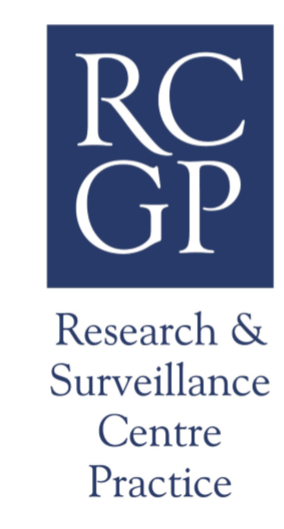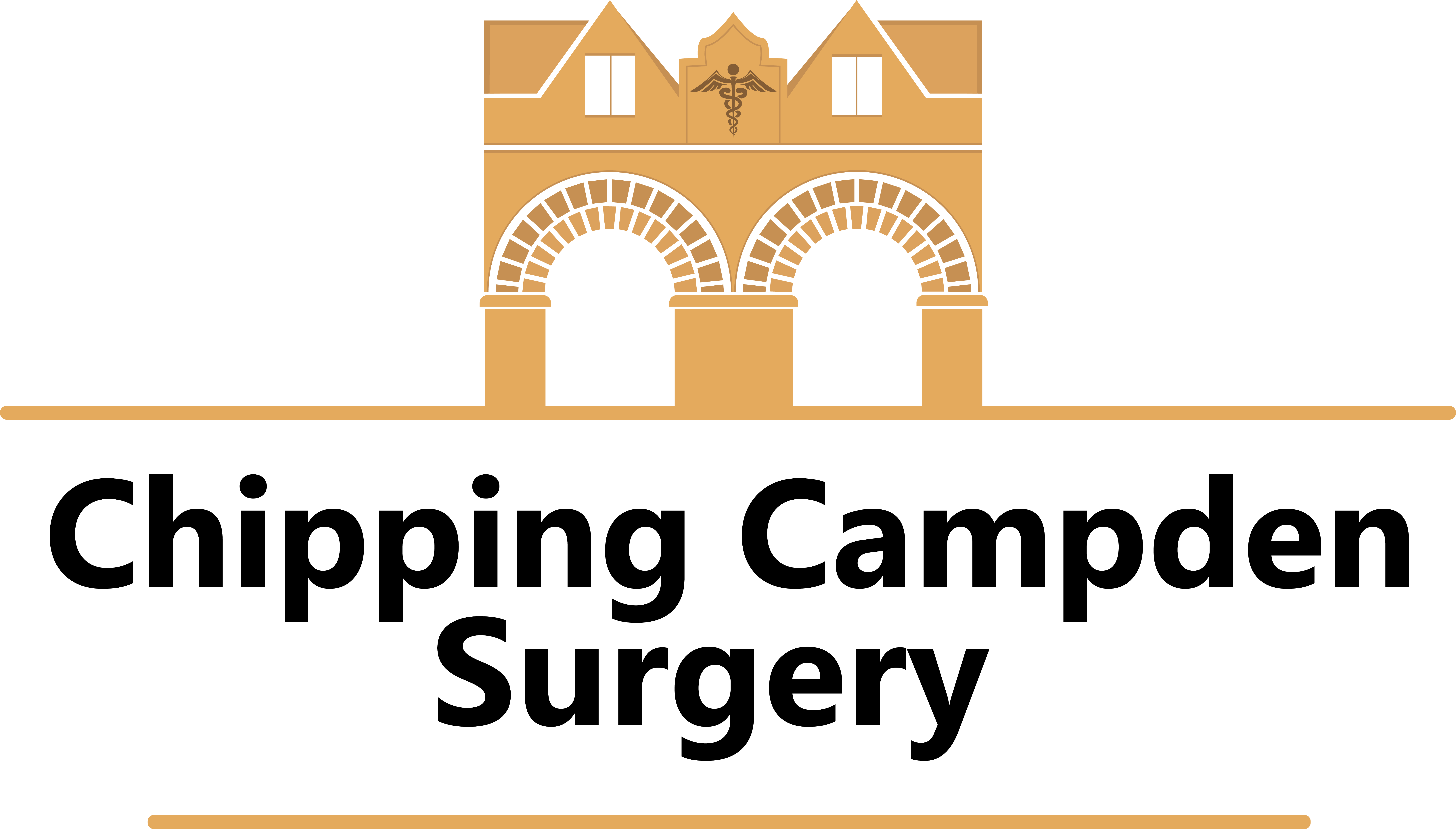This practice was one of over 260 practices in England contributing pseudonymised data for national research and surveillance until April 2024.
These data enable continuous monitoring of infections and diseases in the community and is used in ethically approved research. The RCGP RSC is the main source of information for Public Health England (PHE) and helps with prediction and management of flu outbreaks and pandemics.
Providing pseudonymised data does not affect patients, their care or privacy, however if you no longer wish to allow your information to be used, please speak
to your GP.
Please see our SAFER practice newsletter (PDF) on the safer trail.
Summary
This practice is participating in a national surveillance programme that provides continuous monitoring of infections and diseases in the community. The surveillance system is called the Weekly Returns Service(WRS) and it is co-ordinated by the Royal College of General Practitioners Research and Surveillance Centre.This leaflet provides information on this system and how information that we collect from your surgery is used.
What is the Royal College of General Practitioner
The Royal College of General Practitioners (RCGP) is the academic organisation in the UK for general practitioners(doctors). Its aim is to encourage and maintain the highest standards of general medical practice and act as the ‘voice’ of doctors on education, training and standards issues.
What is the weekly returns service?
The Weekly Returns Service(WRS) is an electronic database that collects medical information from a network of surgeries across England. The WRS is co-ordinated and managed by a small team called the RCGP Research and Surveillance Centre. The information collected by the WRS is used for the surveillance of a range of common infections and diseases that doctors regularly diagnose during consultations with their patients.The WRS is managed by the University of Surrey.
What is this system important?
“Surveillance”is the monitoring of infections and diseases in the community. Normally, this is important for knowing how common certain diseases are in the population. For example, we can monitor how much influenza there is during the winter, if this exceeds normal levels we can inform doctors and hospitals to warn them that they might expect to see increased numbers of patients.
We can also monitor diseases that were thought to be rare, but are now increasing e.g. measles. Surveillance is also important for responding to specific incidents that might affect the health of the public. For example, during the summer floods of 2007, the WRS surveillance programme provided information to see whether people living in those areas affected by the floods were more likely to suffer from certain diseases e.g. diarrhoea and vomiting.
How is information from each consultation used?
Each time that a patient consults with their doctor, the doctor enters information onto your record in the surgery computer system; this information includes the doctor’s diagnosis of what he/she thinks is causing your symptoms or illness. Twice a week, we perform a search on the surgery computer system for information about all new diagnoses that have been made during the last 7 days. These diagnoses include information about diseases e.g. influenza,other medical conditions e.g. heart palpitations, and also information about other activities in the surgery such as vaccination procedures.The data that are copied from the computer system are completely anonymised –this means that all identifying information such as names, addresses, full date of birth, NHS number etc are removed from the record.This ensures that there is absolutely no way that anyone can identify you, or other patients from these extracted records.
How does it affect me?
All information is collected completely anonymously. The information is extremely important for protecting the whole population and we hope therefore you will feel happy to contribute, though it does not involve you personally in any way.
The project has been reviewed and supported by an ethics committee, who were happy that we have taken all measures necessary to ensure that patient confidentiality is maintained.However, there is a mechanism by which a patient can decide not to allow their information to be used. Please inform your doctor if this is your wish and he/she will see to it that your information will not be included in the anonymised database.
For further information please visit www.rcgp.org.uk or contact:
Prof Simon De Lusignan (Data Controller)
Medical Director – MedicalDirectorRSC@rcgp.org.uk
Ms Ivenlina Yonova
Practice Liaison Officer – 01483 682758

RCGP
Research and surveillance centre practice
